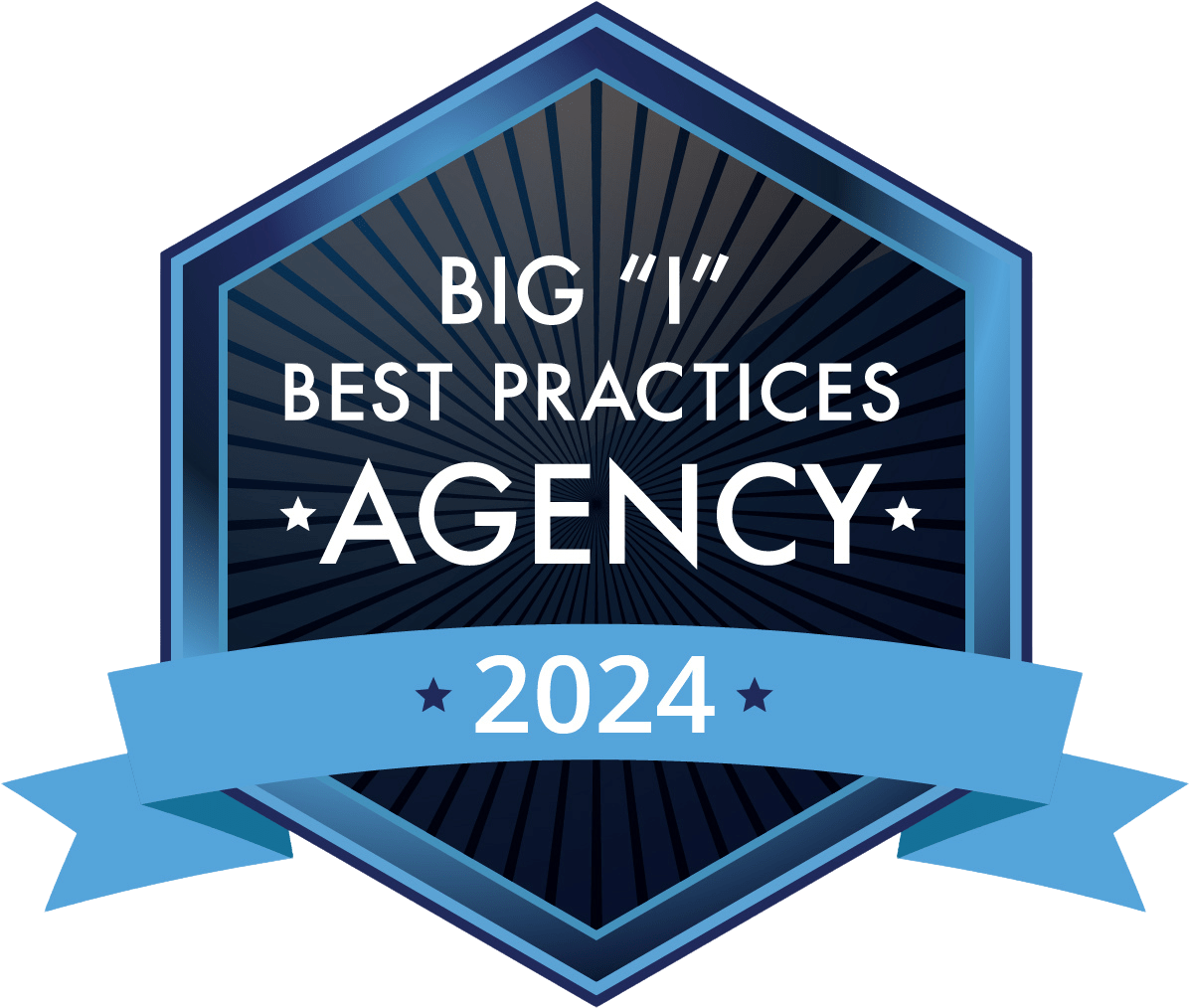
Avoiding insurance scams during COVID-19, or any time is about doing your homework and being aware of how scammers attempt to take advantage. Unfortunately, during times of crisis, there are individuals out there willing to take advantage of the current situation for money.
Bosworth & Associates Insurance, in Tyler, Texas, wants to help you be aware of how these scammers can and will attempt to reach you. This information will help you understand and avoid insurance scams in multiple sectors, from health insurance to travel insurance to life insurance.
Insurance fraud is a multi-faceted criminal enterprise. That’s why it can often be hard to spot—perpetrators know the ins and outs of the system and use it to their advantage. Insurance scams net billions of dollars from unsuspecting consumers.
Times of hardship, with multiple modes of information coming at us all the time, make it particularly easy for scammers to take advantage of the unsuspecting.
First off, be aware of the usual scam platforms such as suspicious emails, phone calls, text messages, or mail. If it’s an unfamiliar number or a recording, there’s a good chance it could be a scam. Also, be aware if they mention anything having to do with COVID-19 or insurance.
The biggest indicator is if they immediately ask for personal information.
Most reputable agencies have safety measures in place to protect your security, and will not immediately ask for personal information. Scammers can use your personal information for many dishonest reasons, and so that will likely be the first thing they try to obtain.
Another thing to pay attention to is…your instinct!
Insurance scammers, and scammers in general, often try to prey on our fears and anxieties. This is true under normal circumstances, but particularly true during times of crisis, such as a pandemic. Scammers use the current fears of infection and the necessity for social distancing to exploit people. Don’t let them!
Ask yourself: Are they using fear tactics to get to me? Are they trying to obtain my information by making me so anxious I just give it out?
If it’s a reputable agency or organization, these are not methods they will use when discussing information and options with you. A good rule is to never give out personal information to an untrusted or unknown source. And, most especially don’t give out your credit card or social security information.
Car Insurance Scams During COVID-19:
While car insurance scams are common enough during normal times, perpetrators are using the current crisis to their advantage. Planned ahead accidents are an all too usual way insurance scammers use to obtain money. The current quarantine has added new avenues for these individuals to attempt to involve you in an accident for a fraudulent insurance claim. In these instances, the scam artist purposefully causes an accident to make a claim. Consider these notions:
Being aware is half the battle. If you’re involved in an accident, follow the regular protocols, but of course, with extra precautions. Call the police and wait in your car until they get there. It’s possible to even exchange insurance information through a closed car window if necessary.
One additional auto scam to be aware of are auto shops overcharging for disinfecting vehicles. Make sure you do your homework when it comes to the price and cost of such services, so you aren’t taken advantage of.
Travel Insurance:
Millions of people around the world have had their travel plans canceled or disrupted because of the worldwide health crisis created by COVID-19. Future travel plans are uncertain, and it’s difficult to predict how things will be in the coming months. This is the perfect opportunity for travel insurance scams.
Be aware of deals that are “too good to be true,” or that offer to cover refunds for your whole trip. There is almost always more to the equation, and it’s important to look over all the details and fine print when purchasing travel insurance. Again, follow your instincts and don’t give out too much personal information.
Medical Scams:
A worldwide pandemic is a perfect opportunity for scammers to perpetrate medical insurance scams. Again, there’s so much uncertainty; it’s the perfect time for criminals to step in and take advantage.
Many medical scams are centered around offers of testing kits, ventilators, more comprehensive insurance coverage, and even “cures”. The rule holds true here too—if it feels too good to be true, it probably is.
Be aware of robocalls from people impersonating medical insurance officials, but especially those pretending to be from the WHO (World Health Organization) or similar institutions. Too often, these scammers steal information from people by exploiting their fears and the general uncertainties of the situation. If you’re unsure, make sure to ask lots of questions, but generally, the best policy is to hang up.
General Best Practices to Avoid Insurance Scams during COVID-19:
Often, the answer is just a Google search away. Take the time to research the name of the person or organization that’s attempting to solicit you. If you have a bad feeling about it, don’t take their word at face value—be your own advocate and do some research. Sometimes you’ll be surprised by what you find! Always ask lots of questions.
At Bosworth & Associates, we understand that these are uncertain times. We are here to answer any questions and help keep you and your family financially protected.
Further Resources:
If you’re suspicious or have been the victim of insurance fraud, you can file a complaint with the Federal Trade Commission or contact: The Coalition Against Insurance Fraud, US Department of Justice, or the NICB COVID-19 Resource Center.
